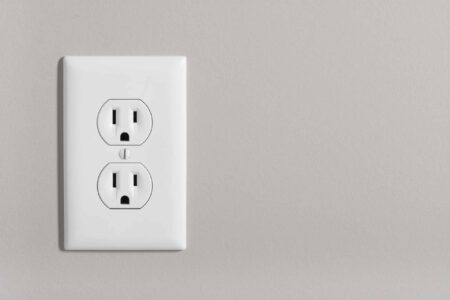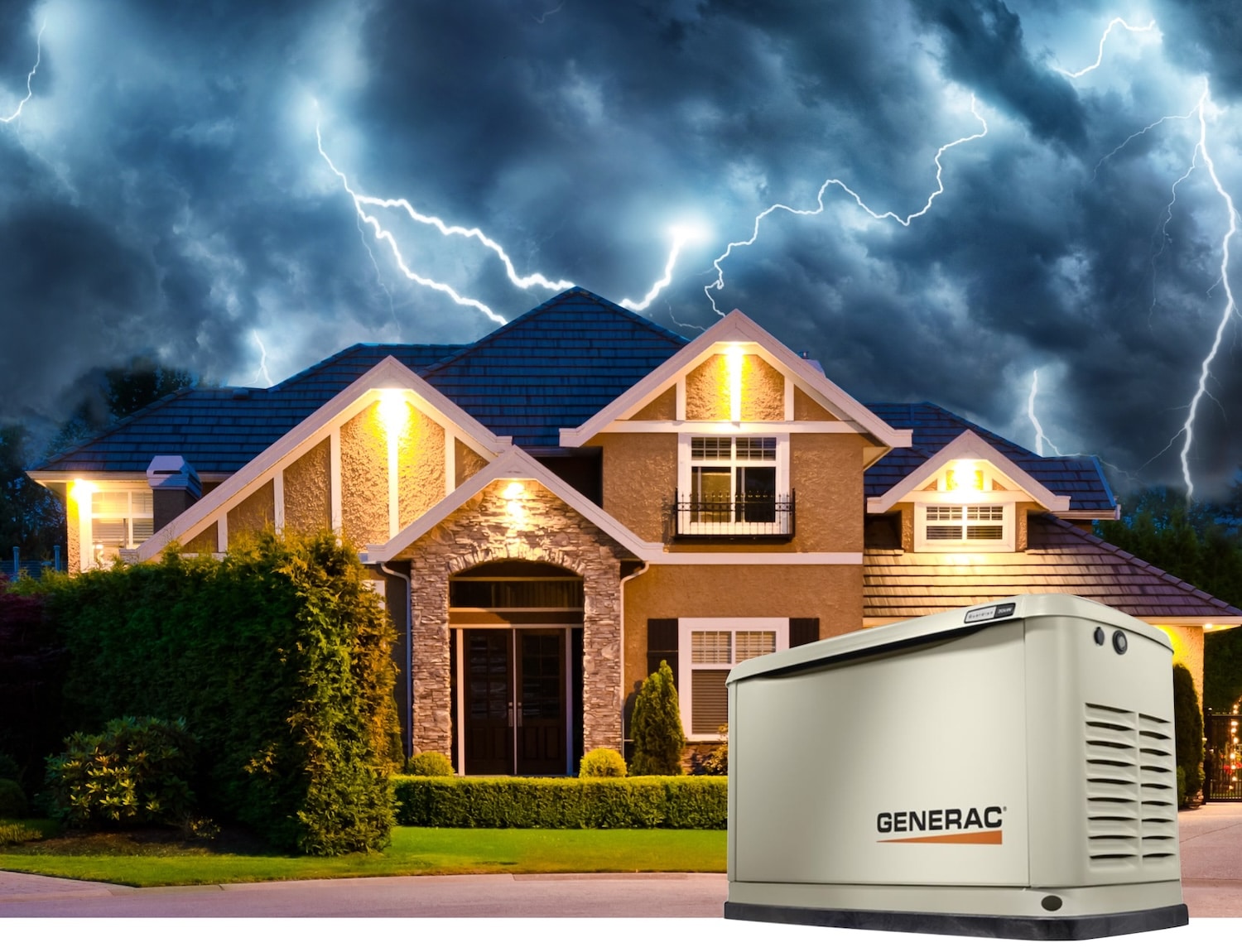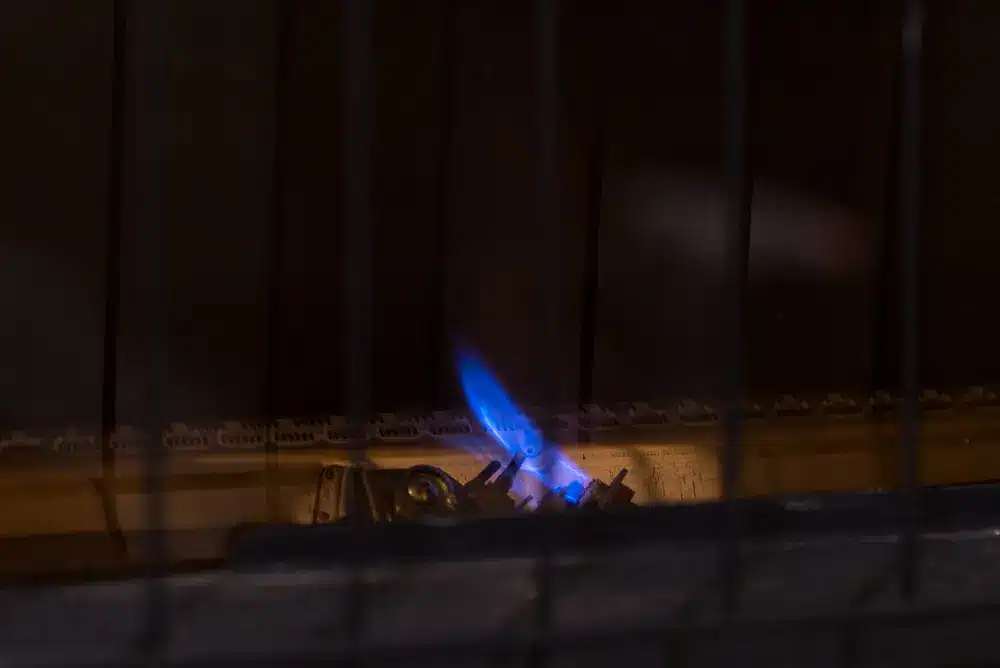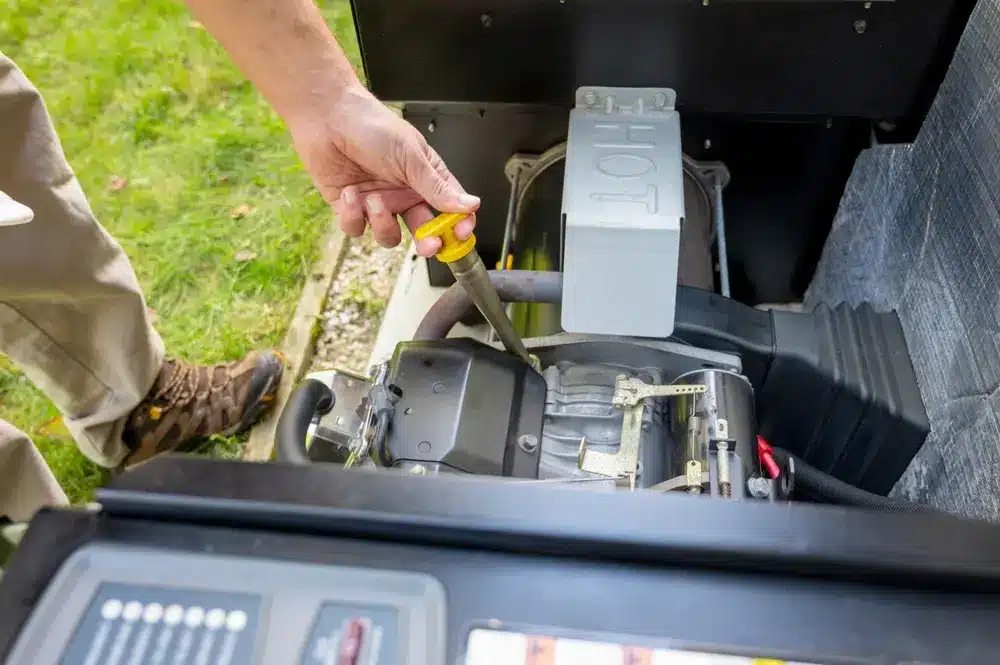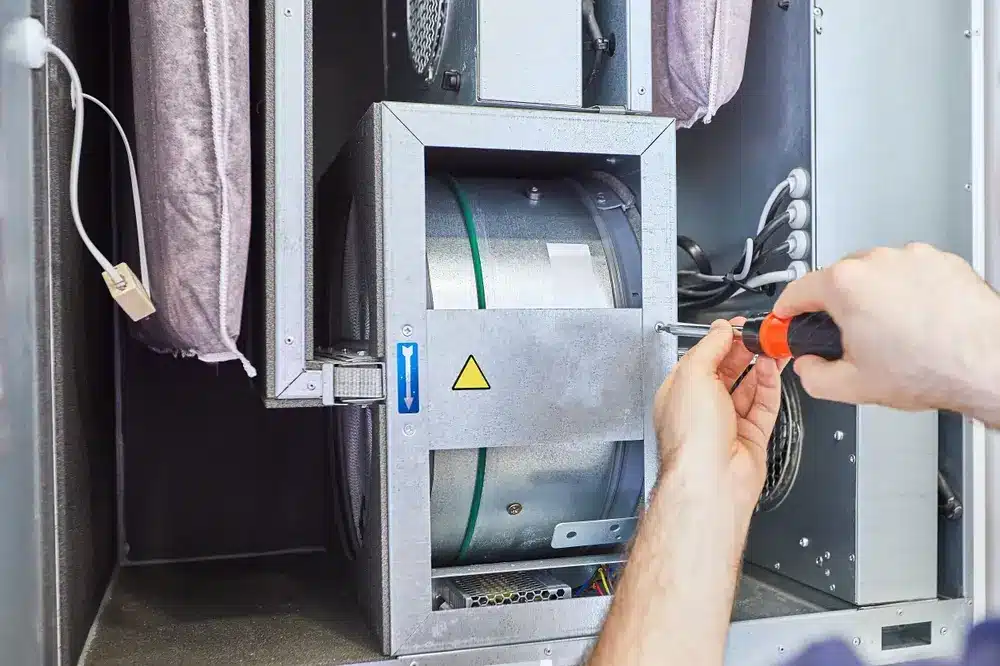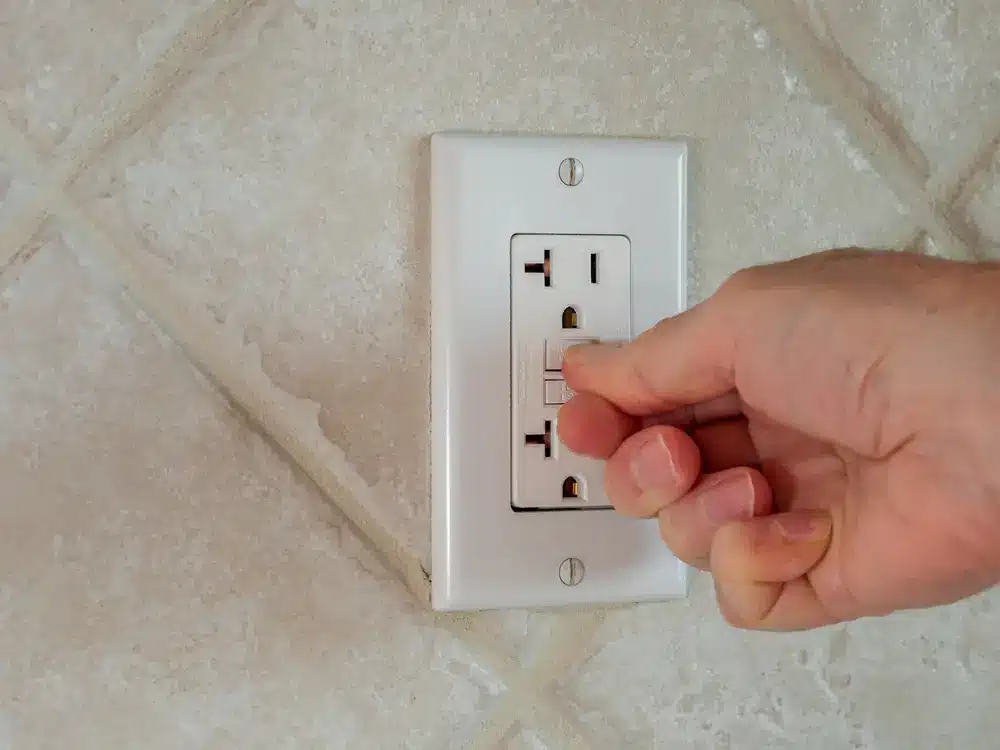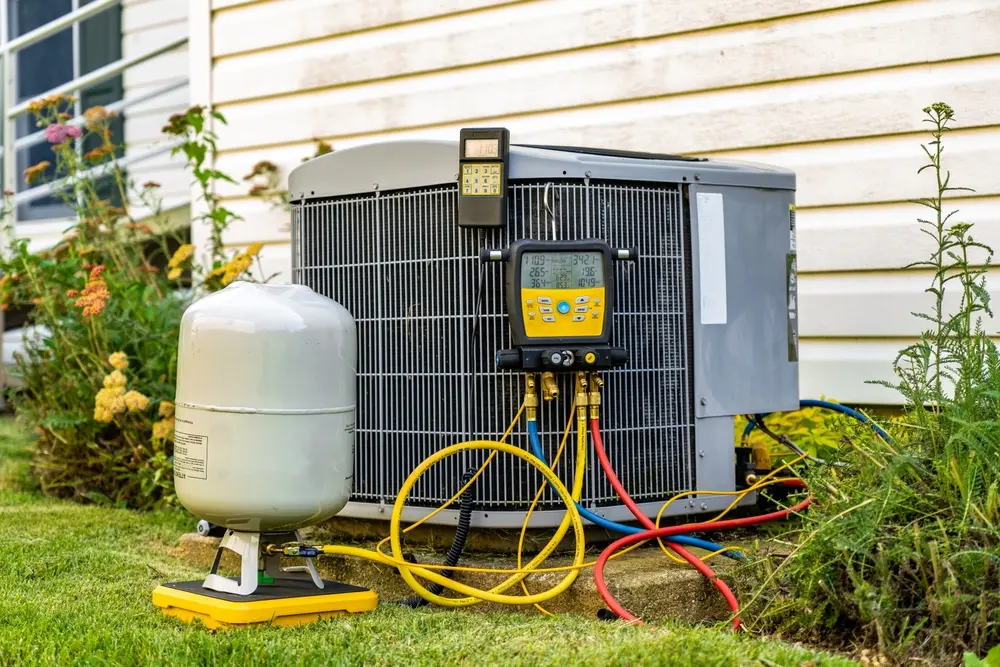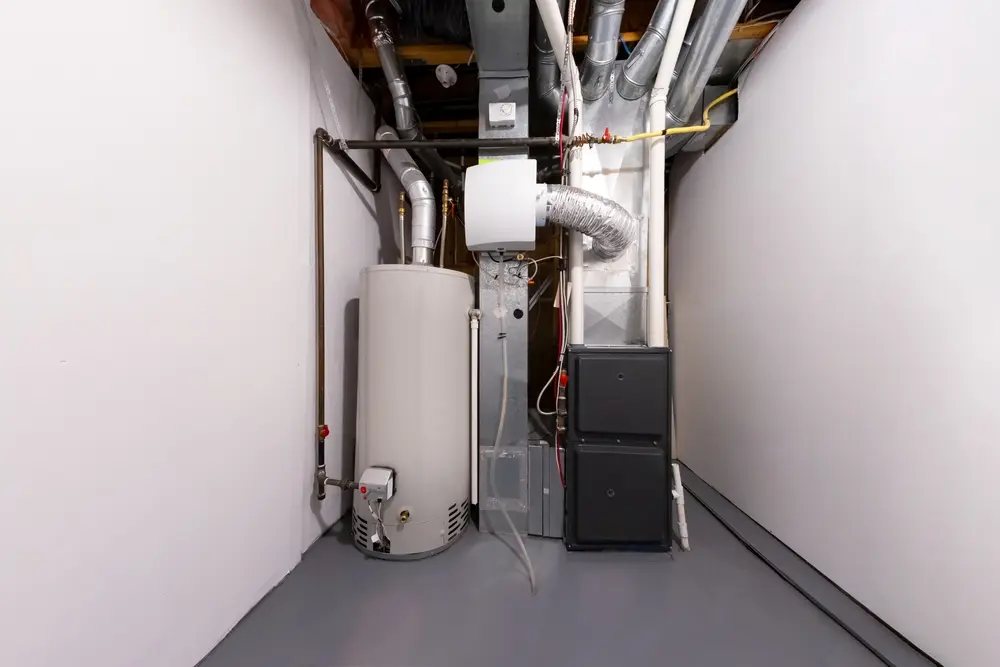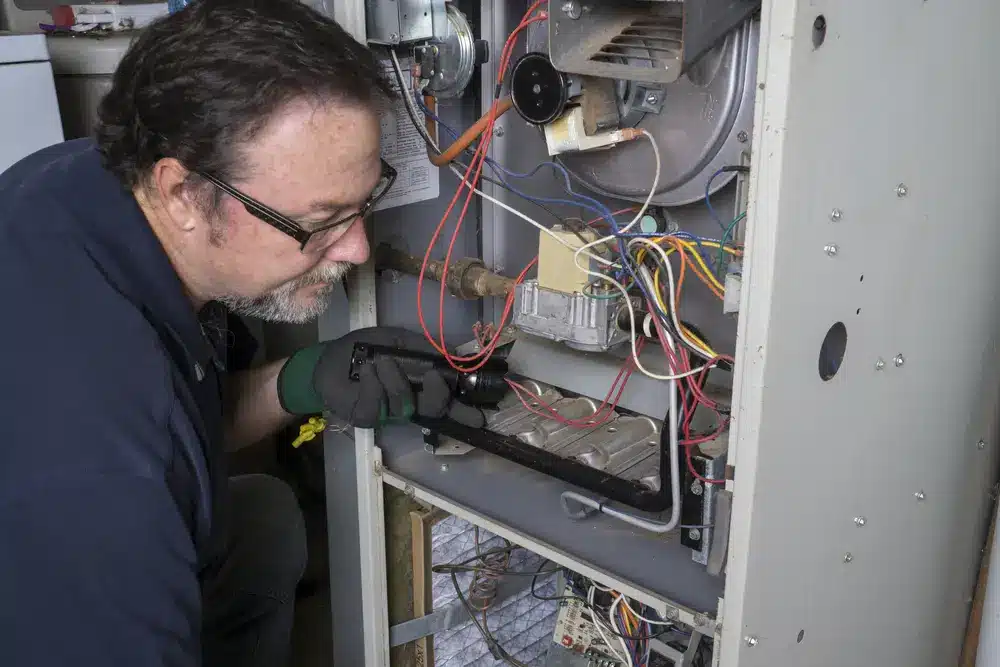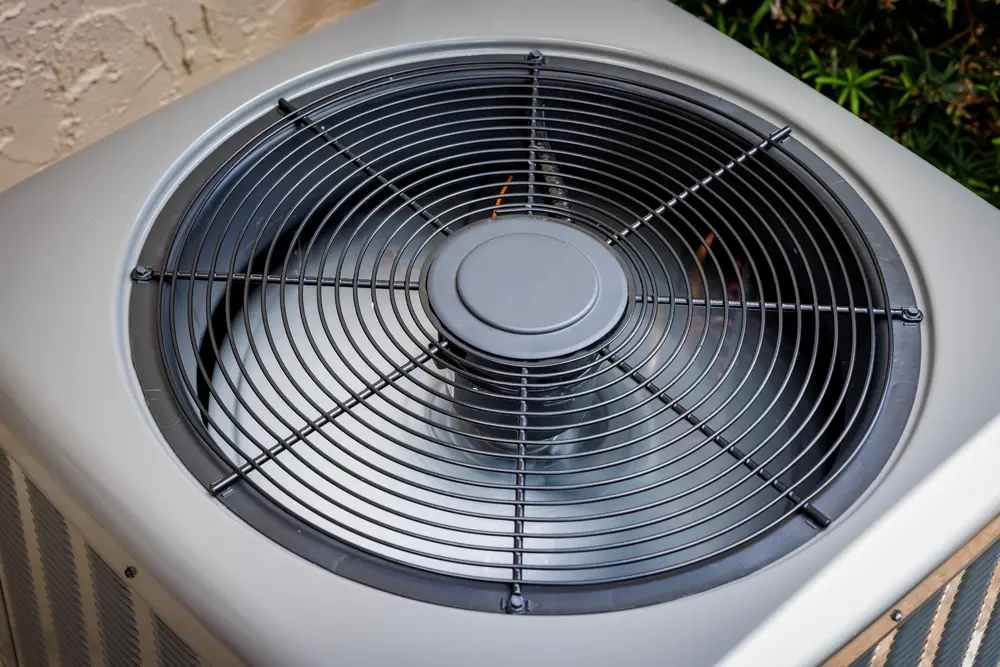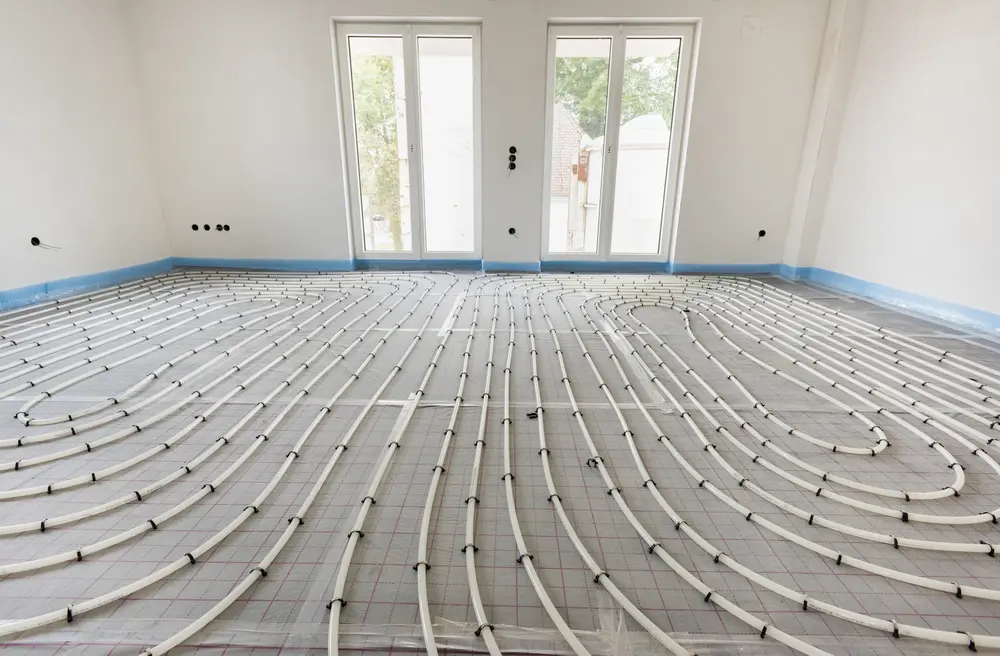The electrical system in your Wichita, KS home is one of its most important pieces of infrastructure. However, it’s also one that can be dangerous if used improperly or if it falls into disrepair. Unfortunately, plenty of homeowners do things with their home’s electrical systems they don’t know are wrong. To help put a stop to that, here are seven electrical safety measures every homeowner should know.
1. When in Doubt, Turn off the Breaker
The first important electrical safety measure every homeowner should know is how and when to turn off circuit breakers. Your home’s circuit breakers exist to protect your home from danger resulting from wire damage. That damage may result from a power surge or a cut in a wire. In any case, you should automatically cut power to any circuit that’s shorted or drawing too much voltage.
However, you can also use your home’s circuit breakers manually. You should always shut off the appropriate breaker before you work on an outlet, switch, or light fixture. Doing so can protect you from shocks and from doing damage to your home’s wiring. You should also turn off circuit breakers if you suspect that something’s wrong with any circuit in your home. For example, if you hear a buzzing sound coming from a wall, you shouldn’t ignore it. Instead, find the breaker for the offending circuit and turn it off. Then, call Eck Services to fix the underlying problem.
2. Keep the Right Fire Extinguisher Handy
The two biggest dangers associated with your home’s electrical system are the risk of shock and the risk of fire. Avoiding shocks is easy when you know how to use your home’s outlets properly and take the right precautions. However, an electrical fire can happen even if you’re extremely careful. For example, if an appliance malfunctions, you could have an electrical fire. That’s why it’s important to keep the right kind of fire extinguisher in your home to tackle an electrical fire.
It’s important to note that fire extinguishers bear letter codes to tell you what types of fires they’re for. You should only use a fire extinguisher with a C in its type designation on an electrical fire. Most residential fire extinguishers will bear an ABC or similar designation. However, you don’t want to find out you have the wrong type in an emergency. Other types of fire extinguishers may use conductive materials and could result in electrocution if you use them.
3. Don’t Overuse Power Strips
Although power strips are an easy way to enhance your home’s electrical flexibility, they come with risks. This is because power strips allow you to plug more devices into an outlet than it can safely handle. Plus, the average power strip is cheaply made and isn’t something you’d want to entrust with your safety. For those reasons, you should call Eck Services if you need additional outlets installed in your home. Adding outlets can give you the flexibility you need without any of the safety concerns.
4. Watch Out for Warm Outlets
You should also make it a regular habit to touch the face of your home’s outlets periodically. They shouldn’t feel warm to the touch. If they do, it could tip you off that there’s a problem. If the outlet is in use and gets warm, this could mean you’re coming close to its amperage maximum. While that’s not a problem in and of itself, it may alert you to the need to install another outlet to add capacity.
If the warm outlet isn’t in use, that’s another matter altogether. That can happen if you’re putting a strain on another outlet that’s downstream from the warm one. Or, it could mean there’s a loose connection or damaged wire somewhere in the outlet’s circuit. Either way, you should have a professional electrician investigate to identify the cause of the problem. Then, they can let you know what you need to do to fix it.
5. Use the Right Extension Cords
Another electrical safety measure you should know is to always use the right extension cord for a given job. You should never use a light-duty extension cord for a heavy-duty electrical load. This could cause the cord to overheat and start a fire. There are 4,600 extension cord-related house fires each year. Many of them result from using an inappropriate cord. You will find an extension cord’s rated amperage and wattage on its informational tag or packaging. You should compare that to the device you’re planning to plug into the cord to make sure it has sufficient capacity.
6. Consider GFCI Outlets
If you own an older home, it may not feature GFCI outlets in its bathrooms, kitchen, and other wet locations. GFCI stands for ground-fault circuit interrupter. GFCI outlets contain circuitry that disables the outlet if there’s a ground fault. A ground fault happens when the current flowing through the outlet flows to the ground rather than the neutral wire. This can be the result of a malfunction in a plugged-in device or if the outlet gets wet. Cutting off power in such situations can prevent an electrocution. The current electrical code mandates GFCI outlets for all outdoor locations, bathrooms, kitchens, and other wet locations.
7. Consider AFCI Circuit Breakers
Finally, you should consider having one of our electricians install AFCI circuit breakers if your home lacks them. AFCI stands for arc-fault circuit interrupter. An arc fault happens when a wire, switch, or outlet allows current to jump to a metal surface. When this happens, it causes sparks and an electrical arc between the two surfaces. Arc faults can result from worn-out or damaged outlets, fixtures, or switches. They may also happen if you inadvertently drive a screw or nail through a wire inside one of your home’s walls.
Installing circuit breakers with AFCI circuitry can drastically reduce the chance of an electrical fire in your home. Plus, there are even circuit breakers that combine AFCI and GFCI protection for even more safety. You can replace the existing circuit breakers in your home with AFCI models, typically without needing a new electrical panel.
Your Local Electrical Safety Experts
Eck Services is your one-stop shop for all of your Wichita home’s electrical needs. We offer both residential and commercial electrical services. We also handle HVAC installation,
repair, and maintenance, as well as plumbing and indoor air quality. For over 19 years, we’ve been the leading residential and commercial service provider in the area.
We’re fully licensed and have a spotless record for safety and quality workmanship. Plus, we offer 24/7 emergency services should you need us on nights or weekends. We’re Better Business Bureau-accredited with an A+ rating. We also have a long and growing list of glowing customer reviews from local clients. So, if you need help keeping the
electrical infrastructure in your Wichita home safe, call Eck Services today!


